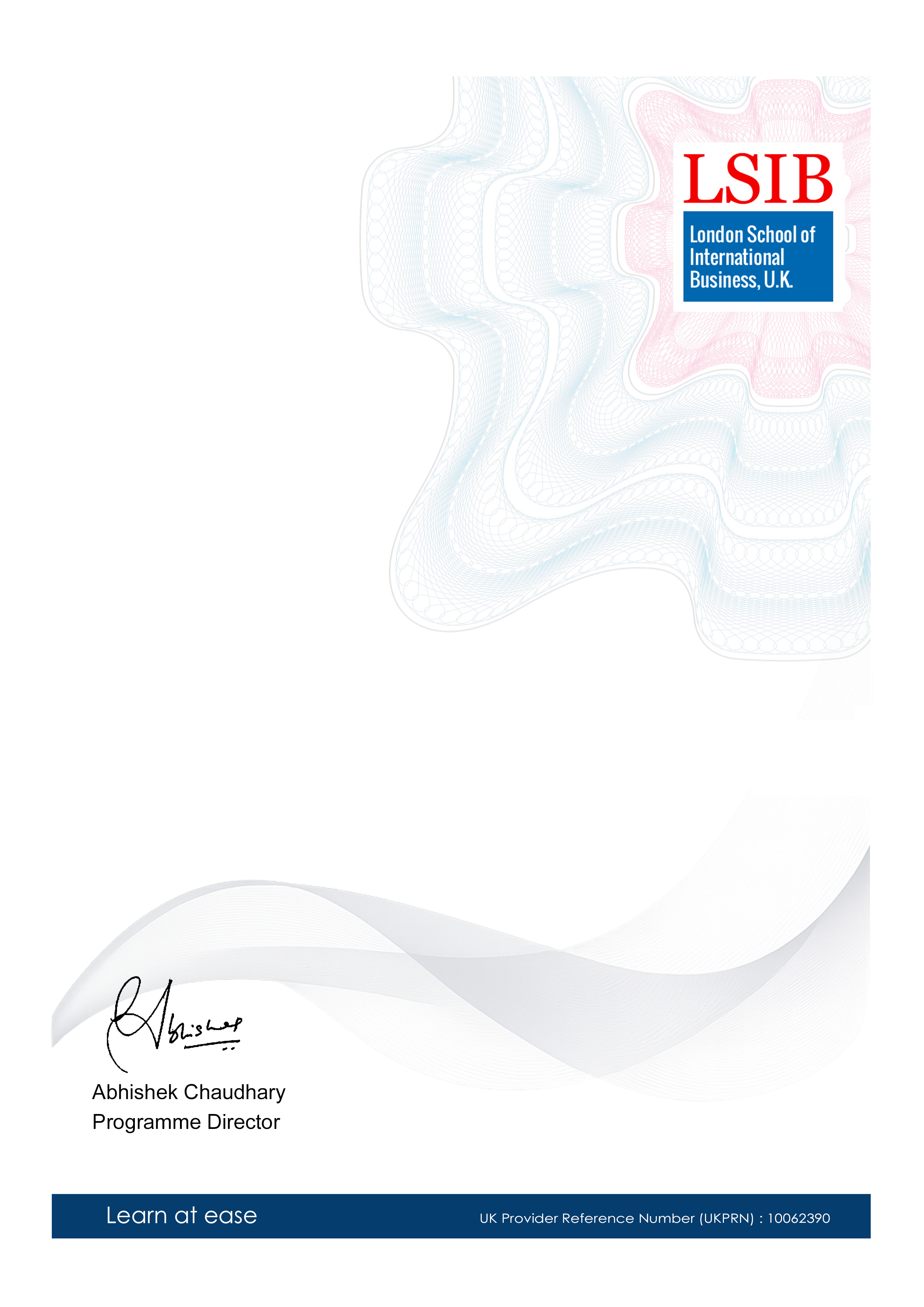Advanced Certificate in Cultural Heritage Funding
-- viewing nowCultural Heritage Funding: Secure the future of our shared past. This Advanced Certificate equips professionals with essential skills in grant writing, fundraising, and budgeting for cultural heritage projects.
3,270+
Students enrolled
GBP £ 140
GBP £ 202
Save 44% with our special offer
About this course
100% online
Learn from anywhere
Shareable certificate
Add to your LinkedIn profile
2 months to complete
at 2-3 hours a week
Start anytime
No waiting period
Course details
• Grant Writing and Proposal Development for Heritage Projects
• Fundraising Strategies for Cultural Institutions
• Financial Management and Budgeting in Heritage Organizations
• Legal and Ethical Considerations in Heritage Funding
• Developing a Sustainable Funding Model for Heritage Sites
• Marketing and Communication for Heritage Fundraising Campaigns
• Impact Assessment and Evaluation of Heritage Projects
Career path
Entry requirements
- Basic understanding of the subject matter
- Proficiency in English language
- Computer and internet access
- Basic computer skills
- Dedication to complete the course
No prior formal qualifications required. Course designed for accessibility.
Course status
This course provides practical knowledge and skills for professional development. It is:
- Not accredited by a recognized body
- Not regulated by an authorized institution
- Complementary to formal qualifications
You'll receive a certificate of completion upon successfully finishing the course.
Why people choose us for their career
Loading reviews...
Frequently Asked Questions
Course fee
- 3-4 hours per week
- Early certificate delivery
- Open enrollment - start anytime
- 2-3 hours per week
- Regular certificate delivery
- Open enrollment - start anytime
- Full course access
- Digital certificate
- Course materials
Get course information
Earn a career certificate

